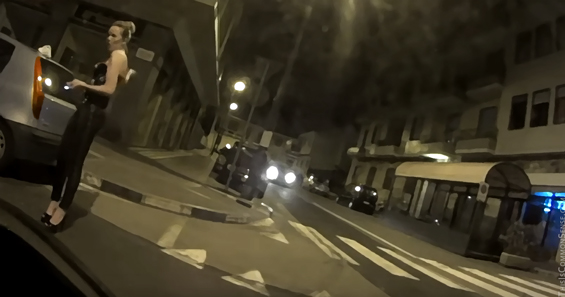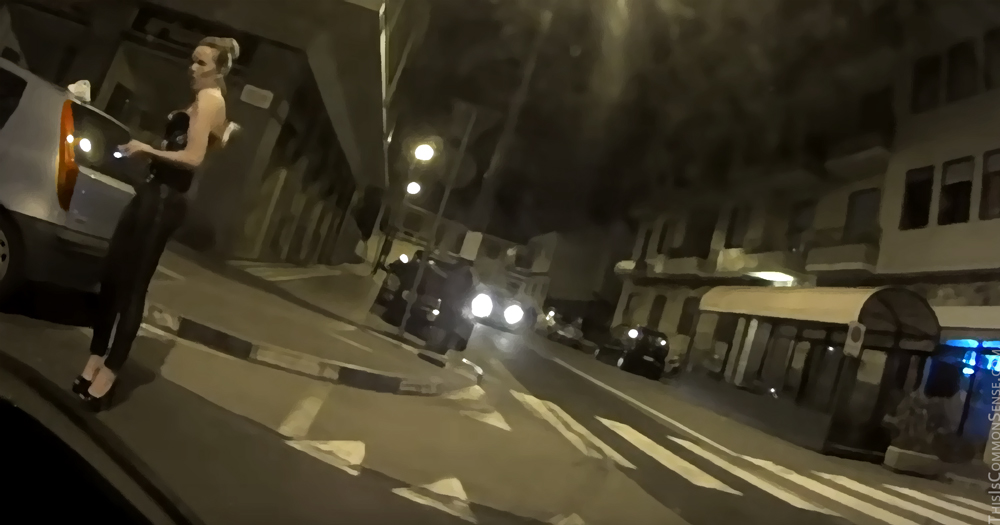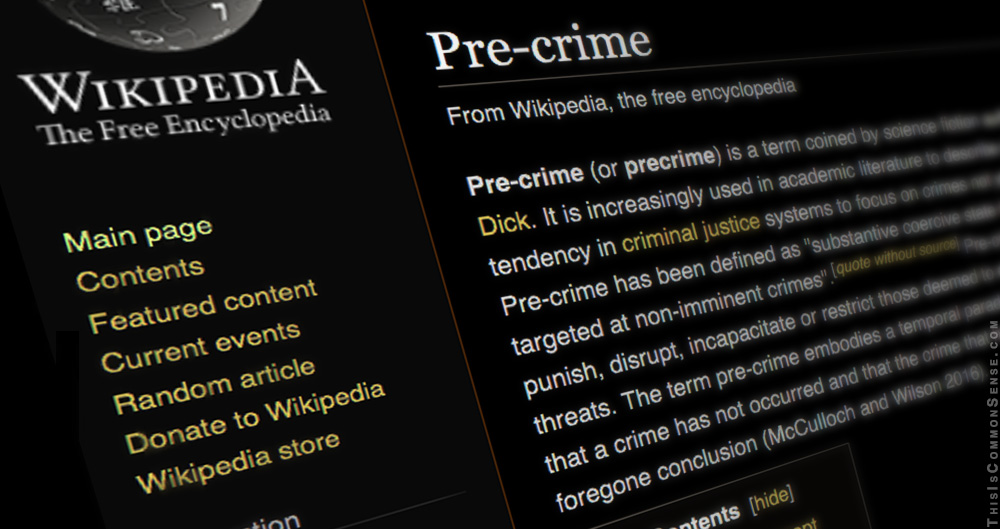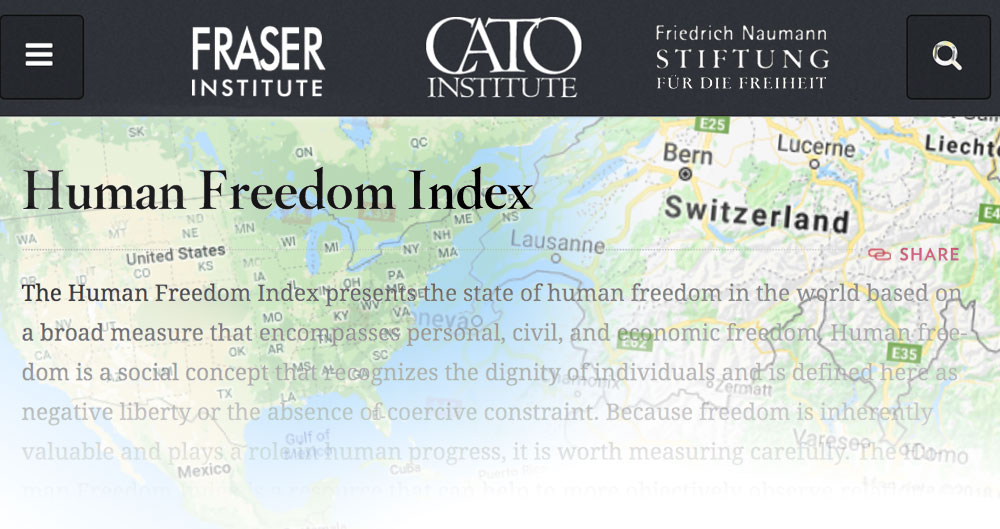Utah’s legislature unanimously passed it; the governor signed it — the nation’s first measure protecting what’s become known as “free-range parenting.”
It was once known simply as “parenting.”
Certain activities are now exempt from a state law criminalizing child neglect. Children may legally “walk, run or bike to and from school, travel to commercial or recreational facilities, play outside and remain at home unattended” — thereby allowing “a child, whose basic needs are met and who is of sufficient age and maturity to avoid harm or unreasonable risk of harm, to engage in independent activities . . .”
Back in the day, we apparently played outside in a sort of statutory limbo.
Do we really need a law saying kids can walk on a public street?
Sadly, yes: government agencies across the country are grossly violating the most basic rights of parents to rear independent children.
Regular readers may recall my 2015 defenses* of the Meitiv parents against the absurd charge of “unsubstantiated neglect” leveled against them by Montgomery County (Maryland) Child Protective Services. Ultimately, Maryland authorities acknowledged that permitting one’s kids (in the Meitivs’ case, a 10- and a 6-year-old) to walk on a public sidewalk (from a local park) wasn’t prima facie evidence of a crime.
The current free-range parenting movement was launched in 2008 when Lenore Skenazy publicly admitted — to mass shock and condemnation — to allowing her 9-year-old son to take a trip alone on New York City’s subway.
“My son got home,” she wrote in the New York Sun, “ecstatic with independence.”
Notice how rare it is to find anyone ecstatic with dependence.
Lesson? An old one: Happiness must be pursued with freedom.
This is Common Sense. I’m Paul Jacob.
* My writings on the Meitivs’ battle to keep their kids:
- Common Sense: Well-Substantiated Insanity (March 5, 2015)
- Townhall: Surreal Silver Spring (April 19, 2015)
- Common Sense: Under Their Thumb (May 27, 2015)
- Townhall: The Incredible Lightness of Freedom (June 14, 2015)











